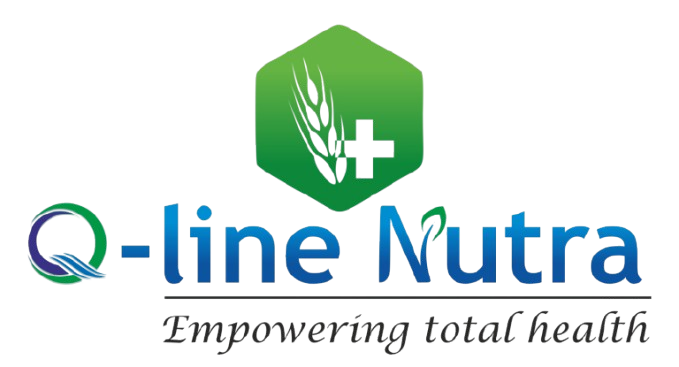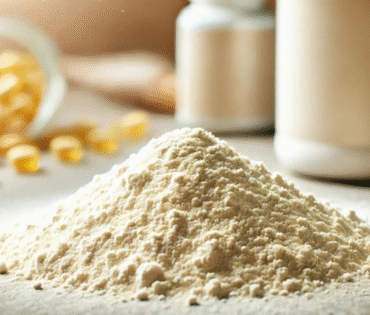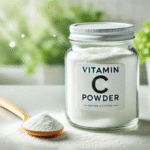When it comes to developing effective supplement formulations, the quality of ingredients is paramount. Among these, vitamin powders play a crucial role in ensuring that products deliver the promised health benefits. This blog post will guide you through the essential steps for sourcing high-quality vitamin powders, ensuring that your formulations are both safe and effective.
Understanding Vitamin Powders
Vitamin powders are concentrated forms of vitamins, typically produced through various extraction and drying processes. They are often used in dietary supplements, functional foods, and beverages. The key vitamins found in these powders include Vitamin A, B-complex vitamins, Vitamin C, Vitamin D, Vitamin E, and Vitamin K. Each vitamin has unique properties and benefits, making it essential to choose the right ones for your formulation.
Key Considerations for Sourcing Vitamin Powders
1. Quality Certifications
When sourcing vitamin powders, looking for suppliers that adhere to stringent quality standards is vital. Certifications such as Good Manufacturing Practices (GMP), NSF International, or ISO certifications indicate that the manufacturer follows best practices in production. These certifications ensure the products are manufactured under controlled conditions and meet safety and quality standards.
2. Source of Raw Materials
Understanding where the vitamins are sourced from is crucial. Natural sources of vitamins, such as plant extracts or animal derivatives, often provide better bioavailability and efficacy compared to synthetic alternatives. For example, whole food sources of vitamins tend to offer a broader range of nutrients, promoting better absorption and utilization in the body. Always inquire about the origin of the raw materials used in the vitamin powders.
3. Purity and Potency
Assessing the purity and potency of vitamin powders is essential to ensure that your formulations are effective. Request a Certificate of Analysis (CoA) from suppliers, which provides detailed information about the content and purity of the vitamins. Look for powders that contain minimal fillers, additives, or contaminants. High-quality vitamin powders should provide the exact potency stated on the label.
4. Testing for Contaminants
Quality suppliers perform rigorous testing for contaminants, including heavy metals, microbial contamination, and pesticides. When sourcing vitamin powders, ensure that the supplier has conducted third-party testing and can provide documentation of the results. This step is crucial for ensuring the safety of your final product.
5. Stability and Shelf Life
The stability of vitamin powders is another critical factor. Vitamins can degrade over time due to exposure to light, heat, and moisture. When selecting a supplier, ask about the stability studies conducted on their vitamin powders. Look for products that have been tested for shelf life and have appropriate storage recommendations to maintain their potency over time.
6. Custom Formulations
If your supplement formulation requires specific combinations of vitamins or unique ratios, consider working with suppliers that offer custom formulation services. This flexibility allows you to tailor the vitamin powder blend to meet your specific product needs while ensuring quality and consistency.
Building Relationships with Suppliers
Once you identify potential suppliers, building a strong relationship is crucial for ensuring a consistent supply of high-quality vitamin powders. Here are some tips:
1. Open Communication
Establish clear communication channels with your suppliers. Discuss your specific needs, timelines, and expectations to ensure alignment. A reliable supplier should be willing to provide insights into their production processes, quality control measures, and any challenges they face.
2. Regular Audits
Conducting regular audits of your suppliers can help maintain quality standards. These audits can assess manufacturing practices, sanitation protocols, and compliance with regulatory requirements. Auditing not only protects your brand but also fosters transparency and trust between you and your suppliers.
3. Continuous Monitoring
Stay informed about any changes in regulations, ingredient availability, and market trends. Regularly monitor the quality of the vitamin powders you receive, and don’t hesitate to raise concerns if issues arise. Consistent quality checks are vital to maintaining the integrity of your supplement formulations.
Q-Line Nutra
Q-Line Nutra stands out as the best vitamin pellet manufacturers & suppliers. Committed to excellence, we specialize in producing a diverse range of nutraceutical ingredients, including innovative vitamin formulations tailored for various health needs. Our state-of-the-art facilities ensure rigorous quality control, guaranteeing purity and potency in every batch. Partner with Q-Line Nutra for reliable, effective vitamin pellets that support your supplement formulations and meet industry standards.
Wrapping Up
Sourcing high-quality vitamin powders is a critical step in creating effective supplement formulations. By prioritizing quality certifications, assessing the source of raw materials, ensuring purity and potency, testing for contaminants, and considering stability, you can create products that deliver real health benefits to consumers. Building strong relationships with suppliers through open communication and regular audits will further enhance the quality of your formulations. With diligence and attention to detail, you can successfully navigate the complexities of sourcing vitamin powders and provide exceptional supplements that stand out in the market.



